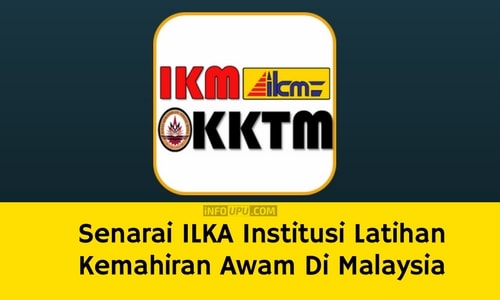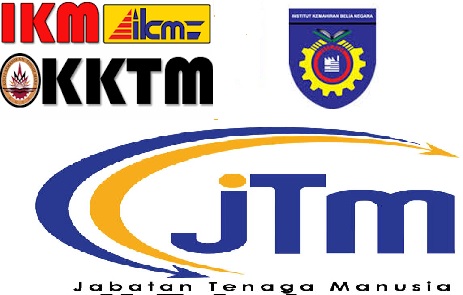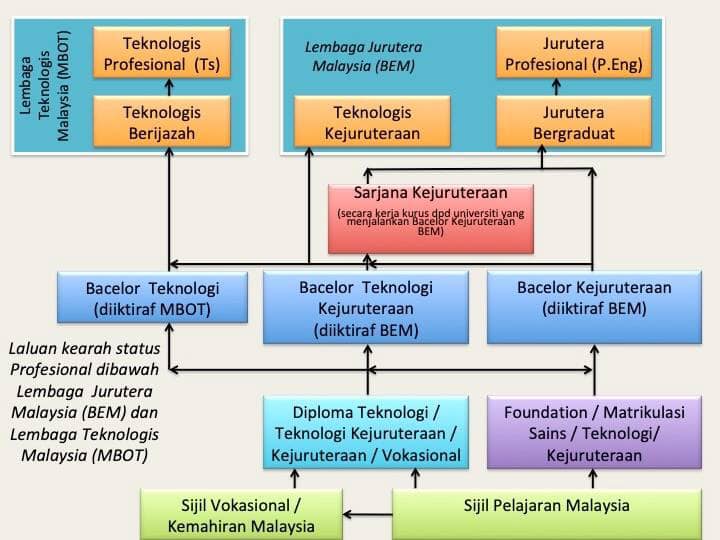
There has been a lot of talk of the new Malaysian Technical and Vocational Education and Training (TVET) Roadmap.
However, there are plenty of unanswered questions in relation to the direction of TVET, although these programmes benefit the B40 the most.
Firstly, there is no single body in charge and TVET courses are provided by a couple of ministries.
This has resulted in different standards set by each of these ministries, although the human resources minister is supposed to head this.
Secondly, what skills are expected of a TVET graduate? Currently, students enrolled in the Sijil Kemahiran Malaysia (SKM) programme largely comprise of very low achievers at school. Some are hardly able to read and write.
With the development of technology and the coming of Industry 4.0, the industry expects graduates with innovative and higher-order thinking skills.
But school-leavers with these skills do not consider TVET as a study option and go on to take up degree courses.
These conflicting issues need to be addressed before students are counselled to take up TVET courses, so they are clear on their expectations.
Next, it is getting very difficult to promote TVET courses to school-leavers because they perceive TVET courses lead to low-level and lowly-paid jobs — those equated with cheap foreign labour.
The government needs to address this perception. Teachers also need to be educated on these possible high-paying jobs.
Having addressed the above, the next biggest issue is the demand for skilled workers. We understand that there are more than two million foreign workers who are either semi-skilled or unskilled working in this country.
So, what is the policy on the dependence on foreign workers and the subsequent replacement with a more locally-skilled workforce?
Assuming these two million foreign labourers are to be replaced with local TVET graduates over the next 10 years, wouldn’t that mean about 200,000 TVET students have to be trained annually? How are we going to do this?
Currently, skills training is provided by both the public and private institutions. It is very important that the government makes clear the role of the private sector in meeting the demand for training.
The survival, sustainability and investments by private skills training institutions greatly depends on a clear policy by the government.
Due to neglected funding, quite a number of private training institutions have ceased operations. Surely the human resources minister must realise that without proper funding, it is virtually impossible for the B40 lower-income populace to afford education.
The private training institutions have the capacity to meet the training needs of half the above demand. But the question is the funding.
It is a known fact that the majority of students who enrol in these skills programmes belong to the B40 group and would be heavily dependent on the funding.
The government needs to allocate the required funds or loans to cater for the underprivileged.
In conclusion, the TVET curriculum needs to be relooked to meet emerging technological changes.
Developing local human capital should take precedence in meeting the industry demands rather than being overly dependent on foreign labour.
To make this happen, the quota system of funding must cease, thus enabling all qualified students to pursue skills courses. This should be taken as a national agenda.
If this is not addressed, we will have to face the consequences of national socio-economic problems, thus affecting the future growth of the country.
Assoc Prof Elajsolan Mohan is the president of the National Association of Private Educational Institutions (Napei).
Source: https://www.freemalaysiatoday.com
Comment: Yes, I agree that the private institutions be given more, if not equal funding vs government institutions. However, things are not moving that way, thus far.
Perhaps, it’s also time that private institutions be more creative in packaging their education but must be careful in not going against the Act 652 (National Skills Development Act).
I’ve seen how some of these private institutions done in a way that benefit the students, industry & themselves!
So, students, if you have problem getting into public institutions or having financial constraints with your fees but yet interested with skills courses, fill up the form here.







